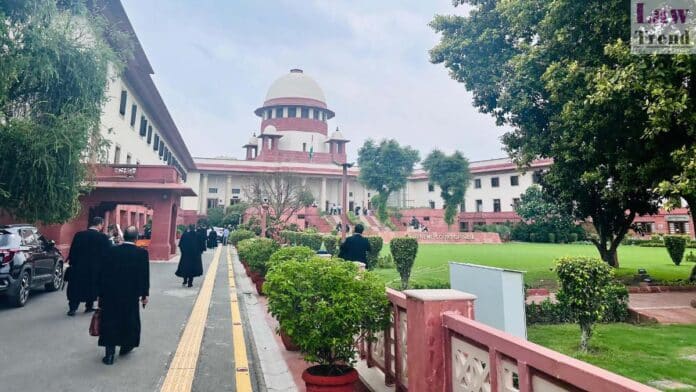The Supreme Court on Wednesday observed that it would tread cautiously while examining petitions challenging provisions of the Hindu Succession Act, 1956, cautioning that any ruling should not destabilise the Hindu social structure that has existed for millennia.
A bench comprising Justices B.V. Nagarathna and R. Mahadevan was hearing challenges to Sections 15 and 16 of the Act, which deal with the devolution of property of a Hindu woman dying intestate. Under Section 15, such property passes first to the heirs of her husband before devolving upon her parents.
“Do not demean the structure of the Hindu society that we already have. As a court, we are putting you to caution. There is a Hindu social structure and you do not bring it down… We do not want our judgment to break something that has been there for thousands of years,” the bench observed.
The court stressed the need to strike a balance between protecting women’s rights and preserving the broader social framework. It referred the parties to the Supreme Court’s mediation centre to explore a possible settlement while keeping the larger constitutional issues under consideration.
Senior advocate Kapil Sibal, appearing for one of the petitioners, argued that the impugned provisions were discriminatory and exclusionary against women. He contended that women could not be denied equal inheritance rights merely on the basis of customs and traditions.
On the other hand, Additional Solicitor General K.M. Nataraj, representing the Union government, defended the provisions as “well-crafted,” alleging that the petitioners were attempting to “destroy the social structure.”
The petitions challenge the constitutionality of Sections 15 and 16 of the Hindu Succession Act, 1956. Critics argue that the scheme of succession under these provisions places women at a disadvantage, particularly in situations where a woman dies without leaving a will.
The matter remains pending before the Supreme Court, with mediation efforts initiated in the meantime.




